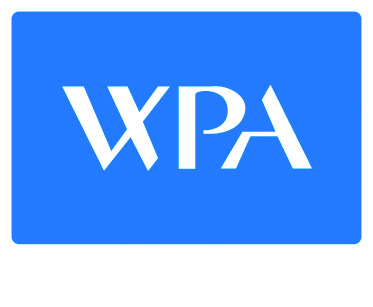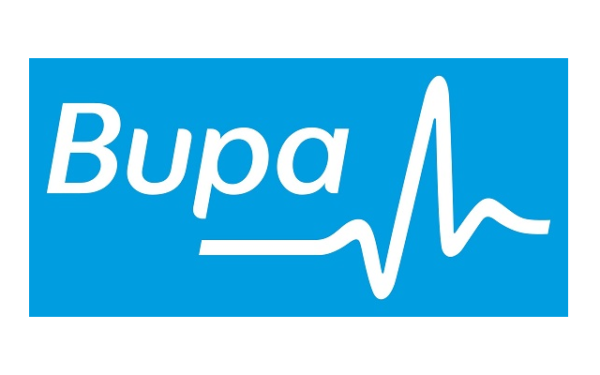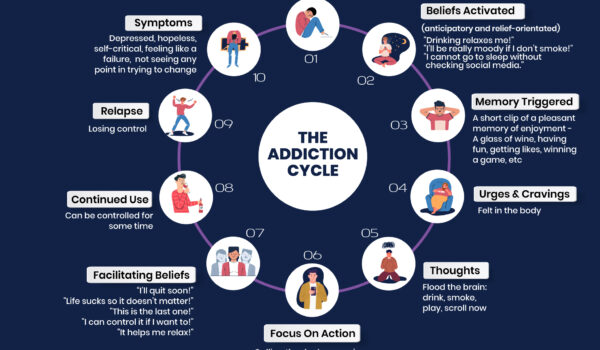CBT stands for Cognitive Behaviour (Psycho-) Therapy. Cognition is the mental action, or process of acquiring knowledge and understanding by incorporating one’s own thoughts, beliefs, and images. Pretty much everything that goes through your head is a cognition.
Latest NewsDyslexia - What is it, and can CBT help?

Great! I am not stupid – I am dyslexic!
I grew up speaking 4 languages, but sometimes cannot understand simple instructions- this made no sense to me. How could it be? It only dawned on me at University that I might be dyslexic. So it was then when I considered for the first time this alternative to being stupid or slow as an explanation for my personal struggles.
Now, when I hear my clients complaining ;
- I feel slower than others.
- I find it difficult to keep myself organised.
- I find it difficult to pronounce, write, or read certain words.
- I often miss out letters or even words when I write or read.
- I often misunderstand instructions or what is expected of me.
- I start writing essays from the end (summary).
- I know I don’t think like others do and I’m wondering “what is wrong with me?”
… I say: “Have you heard of DYSLEXIA?”

What is Dyslexia?
The main complaints include missing words or numbers in the text (word blindness); missing letters in a word; misspelling words and names; finding it difficult to pronounce certain letter combinations or understand the meaning in written language; finding written instructions difficult to understand.
Dyslexia involves neurological differences in information processing, meaning that it may be difficult to learn and process information in a “normal” classroom. Learning requires information processing, so it makes sense that when the teaching style is not adapted accordingly it’s difficult to learn.
Struggles are first felt at school. Current “normal” schooling systems do not yet consider dyslexic brains, so children will often struggle with learning to read, write, and do maths. Consequently, they will not do as well as others and may think that there is something wrong with them or that they are inferior in intelligence.
Dyslexia was in fact initially considered as a developmental disorder, which made thing worse by labelling people with dyslexia as being somehow inferior. Many of my dyslexic clients remember being taught in separate groups that were meant for the less able.
To this day, many people still think that dyslexia is an inability to read, write or calculate (dyscalculia). The reality is that people with those neural differences CAN read, CAN calculate and CAN spell, it will just take longer for them to do so if they do not have the right “information processing” tools.
The good news is that dyslexia is NOT a disorder, it is a difference. Meaning that if the information is presented in a “correct way for the dyslexic brain” to understand (e.g visual cues rather than written) then the speed of learning is as fast as others (if not faster).
Written language (letters and the rules) is developed by a non-dyslexic brain; hence it is difficult for a dyslexic brain to learn.
As the dyslexic brain has its own way to process information (mainly by images or concepts), it is in specially adapted CBT therapy or coaching where dyslexic adults could learn tools how to “translate” and organise information, so it is easier to process. Consequently less mistakes occur and less anxiety about being overwhelmed and stressed at work.
Dyslexic Brain; the strengths and weaknesses:
The strengths of a Dyslexic brain:
Ability to see “the bigger picture” or “outside the box”- leads to strengths in better reasoning, planning, design, strategy, and innovation. Often visionaries, strategists, creative and innovative people, including scientists who have achieved great things, may be struggling with written or spoken language skills.
Possible problems:
The dyslexic brain, always seeing “the bigger picture” (vast amount of information) can become overwhelmed when the task is too much to process. Consequently the brain leaves some details out or “goes blank”. A dyslexic brain can mentally rotate letters and shapes. Although it is useful in creative tasks, when trying to learn to read however it can be confusing to understand which direction “S” or “R” is in the word. So “filling the gaps” with words that are not in the text or leaving out words (or numbers) that are in fact in the text is common. The dyslexic brain may also have difficulty with organising data – often being seen as unorganised. The difficulty is that often data is recorded and stored in many different locations, or the work desk being very “messy”.
To avoid this, it is vital for the dyslexic brain to learn how to best organise information, so it can be stored and retrieve when needed.
At Positive Mind Practice, we can teach you useful tools to enhance learning and increase resilience to stress that is caused by your brain being overwhelmed. Contact us http://www.positivemindpractice.com
If you fancy reading more about dyslexia – https://www.bdadyslexia.org.uk/dyslexia
Sign up below to hear more from us!
How we can help you Related News & Advice
Not sure what you’re looking for?
Arrange a chat with our specialist team
Awards, Accreditations & Partners
Our therapists are accredited with the following UK and EU boards:
We are also able to accept clients who are insured by AXA, WPA and BUPA
*Please enquire for all other insurance companies*








